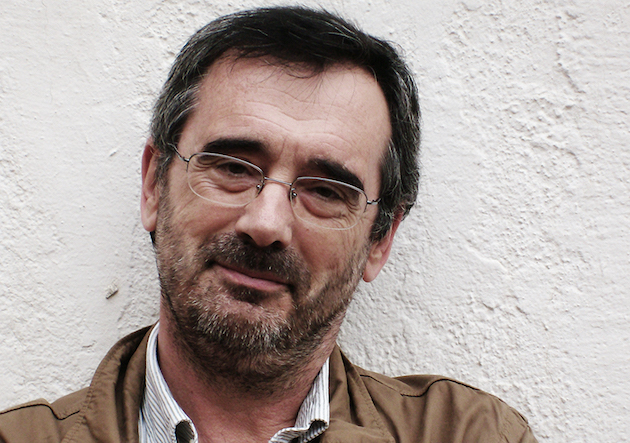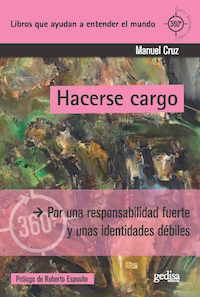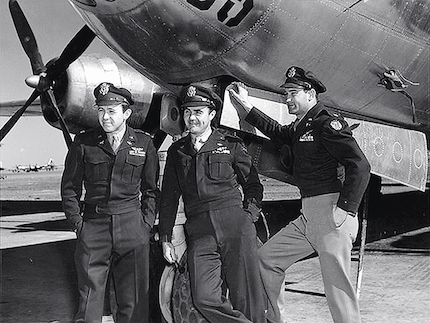Facing up
The last book by the philosopher Manuel Cruz looks into our “systematic quest for exculpatory arguments”.
09 SEPTEMBER 2016 · 18:35 CET

“It is increasingly difficult to identify the guilty party – the Catalan philosopher Manuel Cruz observes–, given that society has become a vast rosary of those condemned by the consequences of initiatives whose authors’ whereabouts remain unknown”. His last book Hacerse cargo (Facing up) looks into our “systematic quest for exculpatory arguments”.
Manuel Cruz is a professor of contemporary philosophy at the University of Barcelona and has spent some time asking why people find it so difficult to accept responsibility for what they do or don’t do. “Denial of responsibility is one of the main spanners in the whole framework of human actions”, he says.
For instance, when tobacco is linked to cancer, non-smokers blame the smokers, who blame their parents, who in turn blame the tobacco companies, who pass the buck on to the law firms. There is always someone else to blame. Human actions now seem to depend on mysterious forces of nature, but even the things that happen in nature are the fault of its creator.
Cruz wonders whether we are living in an era of irresponsibility. Do we refuse to accept the consequences of our actions? Criticism never seems to be applicable to ourselves. “We complain about everything without offering any solutions”. The hypercritical person rarely exercises self-criticism.
WHO IS RESPONSIBLE?
The easiest thing is to blame the authorities. The philosopher observes that “in these cases, politics does not help us to think about ourselves as social beings who take on collective responsibilities, but to blame an external institution, the government, for the negative effects of what is happening and what we are doing”.
The populism that feeds this denial of responsibility, goes hand in hand with a “light” form of solidarity, full of actions and symbols that excuse us from doing anything about the problem. In this way, we have gone from the ribbon against HIV-Aids to a whole range of expressions of support and condemnation each time something happens. According to Cruz, “they are all rituals that take responsibility away from us: a means of daily self-exculpation requiring no sacrifice whatsoever”.
The author realises that these actions “work to appease our consciences rather than remedy suffering”. This is the kind of commitment that we want. Online political participation is extremely volatile, with users forgetting about the cause that they have just supported as soon as they press “enter”.
THE INNATE GOODNESS OF MAN
In his book, Cruz considers Enzensberger’s idea of returning to Rousseau, the enlightenment philosopher who believed in the goodness of man against the corrupting power of civilization. In this “return to Rousseauesque dreams, people are good but society is bad”.

According to Cruz, “no one is all one, we all have a bit of everything in us”. Given that “you don’t need to be entirely bad in order to commit, not even just bad things, but atrocities”. The book recalls the horror with which Hannah Arendt discovers that the Nazi criminal was a “family man”.
HOW CAN WE ATONE FOR OUR SINS?
One of the pilots who was part of the squadron that bombed Hiroshima during World War II was the commander Claude Eatherly. In the dawn of 6 August 1945, he carried out a reconnaissance flight over the Japanese city, shortly before the Enola Gay discharged its deadly bomb. On returning to the base, he realised the destruction that had been caused and he was not able to speak for a few days. On returning to the United States, he spent a few years trying to adapt to normal life.

Even though martial law exonerated Eatherly of any crime, he felt responsible of a terrible deed that had led to the death of more than 150 000 people. While insomnia and grief ate away at him, American society paid homage to the heroism of war veterans. Wishing to atone for what he had done, he tried to commit suicide a number of times.
His impunity, far from diminishing his feeling of guilt, made it even worse. It is as if he felt that he should be punished. He started to commit petty crimes, to receive some kind of penalty, he even went so far as to attack petrol stations, falsify cheques, and carry out hold-ups and robberies. He would never take the money for himself, or he would take it but give it to charity. He just wanted to be treated like a criminal.
THE PARADOX OF THE GOSPEL
The Gospel is good news, but it starts with bad news. God reminds us that we have a debt towards Him. We cannot continue blaming each other. Unless we accept our own responsibility, there is no means of salvation. We need to confess our sins, in order to be forgiven. Only then, will we be cleansed from all evil (1 John 1:9).
The good news is that Jesus has paid for our sin. This is the message that we need to proclaim and believe (Mark 1:14-15). This is what the whole Bible is telling us, and it stands up to all our excuses. It is when we abandon our pretensions that we are able to discover God’s love. And this is always undeserved, something that you cannot earn or demand.
The thing that God cares about is not what you have done wrong, or how you compare to others, but what you have done with his son, Jesus Christ. It is not about being good enough, or about having all the answers. He is the answer to our problem. Whoever doesn’t believe in Him is lost (John 3:19).
The paradox of the Gospel is that we have to face up to our sin in order to allow Him to bear with it on the cross. If we do not admit to our own responsibility, we will have to face up to it one day at an eternal judgement from which there is no escape. We are either united with Christ, or separated from him for ever (2 Thessalonians 1:9). In order to believe in Him, we have to stop hiding away and resisting. Only then will we be free of all guilt.
Published in: Evangelical Focus - Between the Lines - Facing up
